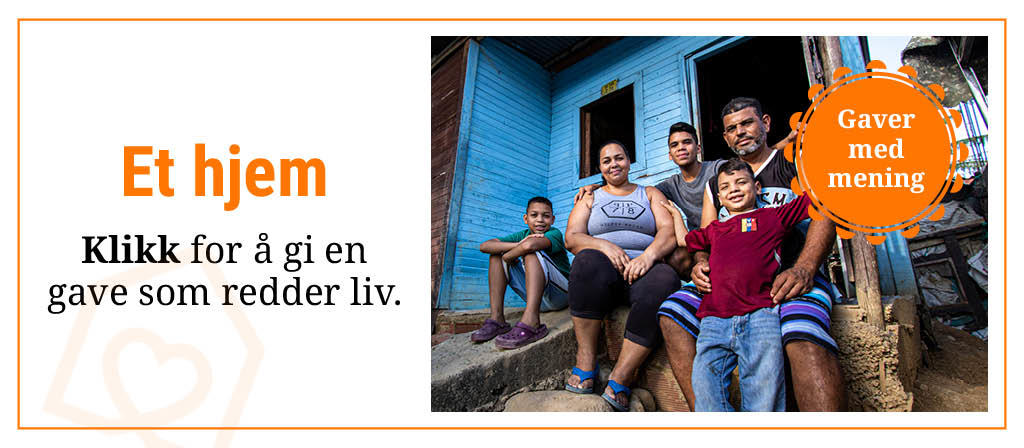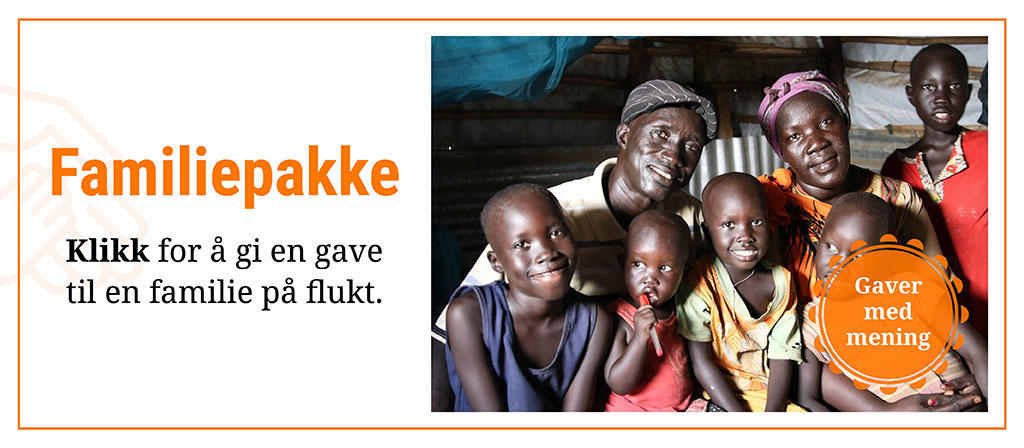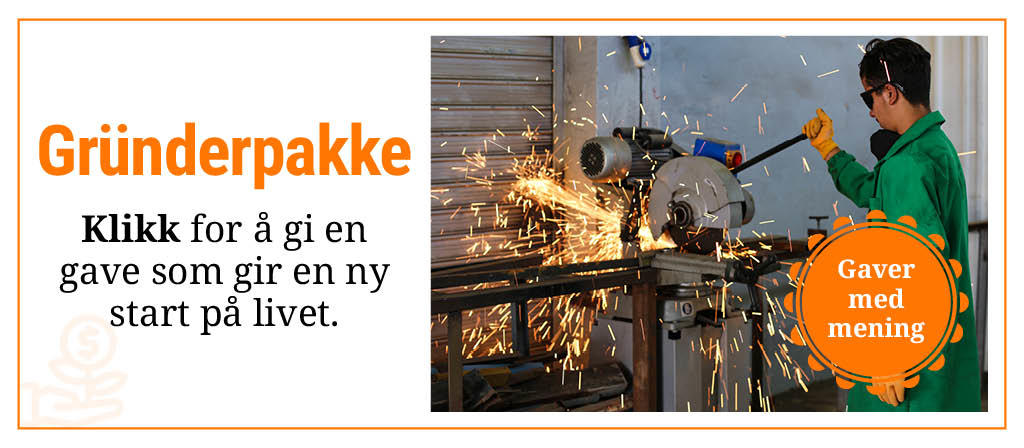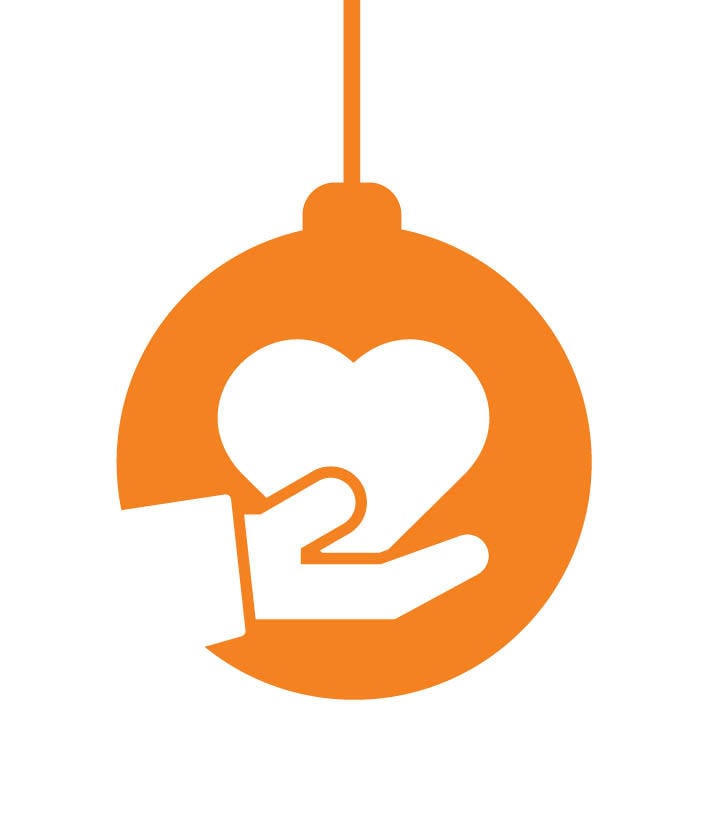
I november 2020 pakket Aklilu koffertene sine. Han reiste tilbake til universitetet i Addis Abeba, hovedstaden i Etiopia. På grunn av Covid-19-nedstengningen hadde han tilbrakt noen måneder sammen med familien i Humera, en liten by i den nordvestlige delen av landet. Aklilu gledet seg til å ta fatt på undervisningen igjen, og ta eksamen.
Som andre snart utdannede studenter, var Aklilu allerede på jobbjakt, og hadde planer for eksamensfeiringen. “Vi ses om fem uker til avslutningsseremonien”, fortalte han vennene sine i Humera.
Noen timer senere traff bombene byen. Det signaliserte starten på en blodig konflikt mellom den føderale regjeringen i Etiopia og væpnede grupper i Tigray-regionen. Aklilu skyndte seg over grensen til Sudan – en av 60.000 etiopiere som siden har strømmet inn i Sudan på jakt etter sikkerhet.
Livet under en presenning
Aklilu forlot alt og flyktet. Han som en gang var sivilingeniørstudent, bor nå i en flyktningleir og venter på oppdateringer om krigen hjemme. Han lurer på om de siste fem årene med høyskoleutdanning har vært forgjeves.
– Vi hadde aldri trodd at dette kunne skje. Jeg hadde hørt at det var problemer, men for meg var det bare politikk. Jeg visste ikke at ting kunne bli så ille, sier Aklilu.
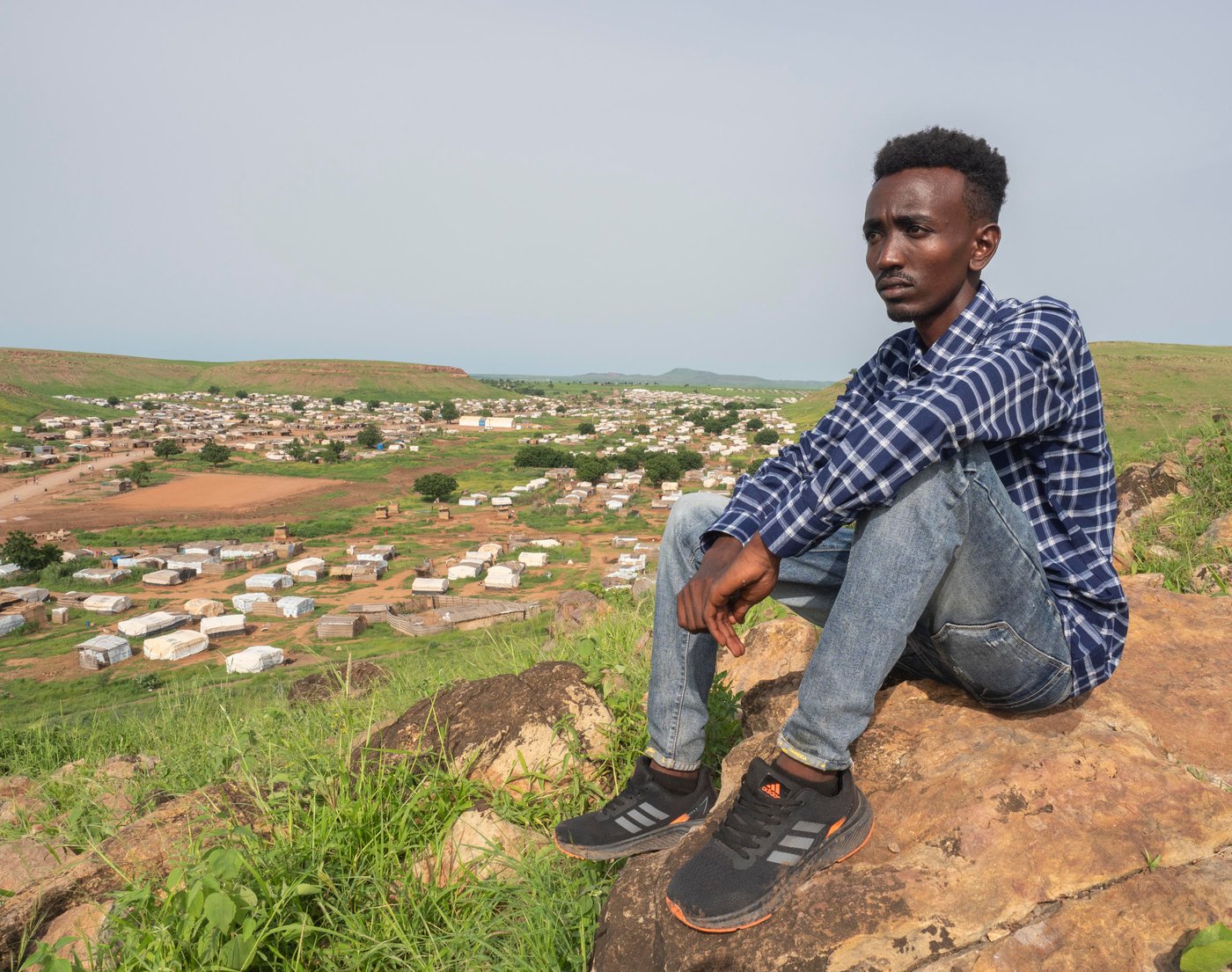
Da Aklilu først kom til flyktningleiren Um Rakuba, bodde han sammen med familien under en blå presenning som hang over en provisorisk treramme. Lukten fra latrinen i nærheten overmannet duften av kaffen bestemoren hans laget hver morgen.
Noen uker senere flyttet familien og fikk et hvitt telt med en stor åpning foran og bak. I regntiden ble dette teltet en slags fallskjerm, på grunn av vinden. Hver natt ble Aklilu helt utslitt av å holde teltet fast i vinden.
– Da jeg var i Etiopia, elsket jeg regntiden. Du kan ikke gjøre annet enn å sitte og se regnet falle. Det var yndlingstiden min, sier Aklilu.
Utdannelser ble satt på vent
Rundt 1.655 tigrayanske universitetsstudenter bor for tiden i flyktningleirer i Sudan. De føler seg forlatt.
– Et resultat av konflikten i Etiopia er at noen av de skarpeste hodene i landet er begrenset til flyktningleirer i Sudan. Hvis disse elevene får en sjanse et sted, vil de være en ressurs for dem som tar imot dem, sier Will Carter, Flyktninghjelpens landdirektør i Sudan.
Det er mange hindringer i veien mot en fullført utdannelse for Aklilu. Da volden startet, flyktet han og mange andre og etterlot seg identitetskort og utdanningsjournaler. Som et resultat er de nå ikke i stand til å bevise hvem de er eller hvor langt de har kommet i utdanningsløpet. Penger er også et problem.
Vi kommer til å kaste bort mye tid i livene våre
Aklilu har nylig undersøkt mulighetene for å få et stipend ved et universitet i Ghana. Slike stipender har imidlertid en tendens til å innebære at studentene må starte fra bunnen av.
Aklilu er frustrert over at han kanskje må bruke ytterligere fem år på å studere til en sivilingeniørgrad han bare var fem uker unna å fullføre.
– Vi venter på å finne et universitet som lar oss fortsette utdanningen der vi slapp. Hvis vi må begynne på nytt, vil vi være 30 år gamle når vi er uteksaminert, og vi finner kanskje ikke jobb på lenge. Vi kommer til å kaste bort mye tid i livene våre, sier Aklilu.
– Som å være i fengsel
Livet i Um Rakuba-leiren er frustrerende for unge som er vant til å kunne reise fritt for å studere og søke arbeid.
– Det verste med å bo i leiren er at vi ikke kan bevege oss fritt. Det er som å være i et fengsel. Det er vanskelig, fordi alle trenger frihet til å jobbe fritt og gjøre hva de vil, forklarer Aklilu.
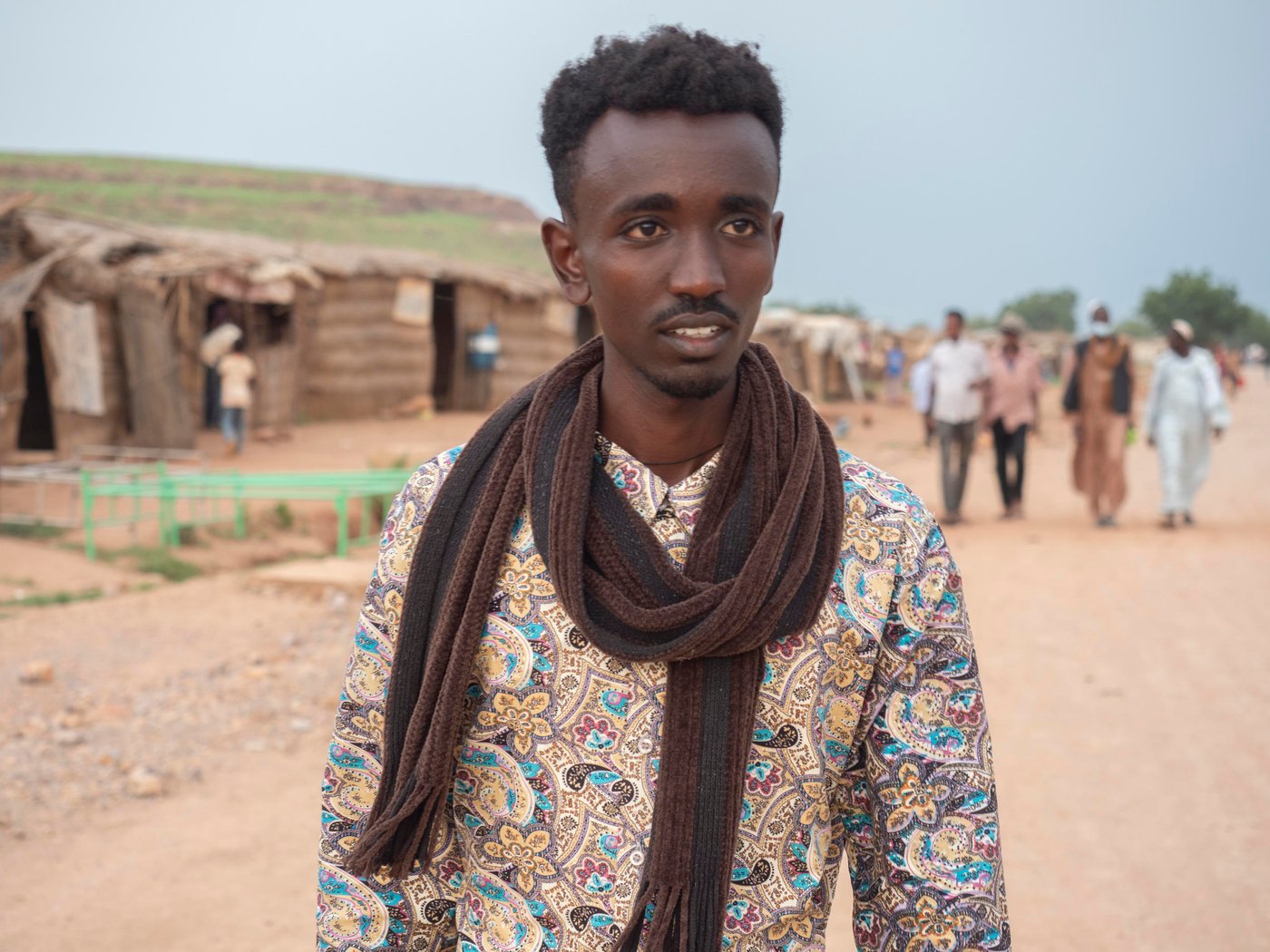
Sudans asyl-lov gir flyktninger rett til å flytte og søke utdanning, men i virkeligheten er de begrenset til leiren. Reglene i leiren hindrer innbyggerne i å forlate stedet, og begrenser tilgangen til jobber og markeder.
Silvia Beccacece, tidligere områdesjef i Flyktninghjelpen forklarer:
– Etiopiske flyktninger kan ikke forlate leiren med mindre de får tillatelse fra myndighetene, og de må ha svært gode grunner, knyttet til utdanning, helse eller jobb. Dessverre er disse veldig vanskelige å få – så det blir en ond sirkel. Flyktningene kan ikke få muligheter til å forlate leiren hvis de ikke kan forlate leiren for å lete etter dem.
Støtte i felleskapet
Til tross for alle vanskelighetene har studentene i leiren funnet støtte i fellesskap. De har dannet en gruppe, kalt Tigrayan Refugees University Students in Sudan Association, eller TRUSS.
Aklilu er en av grunnleggerne.
– Hvis vi snakker om følelsene våre, og hvis vi er sammen, blir det lettere, sier han.
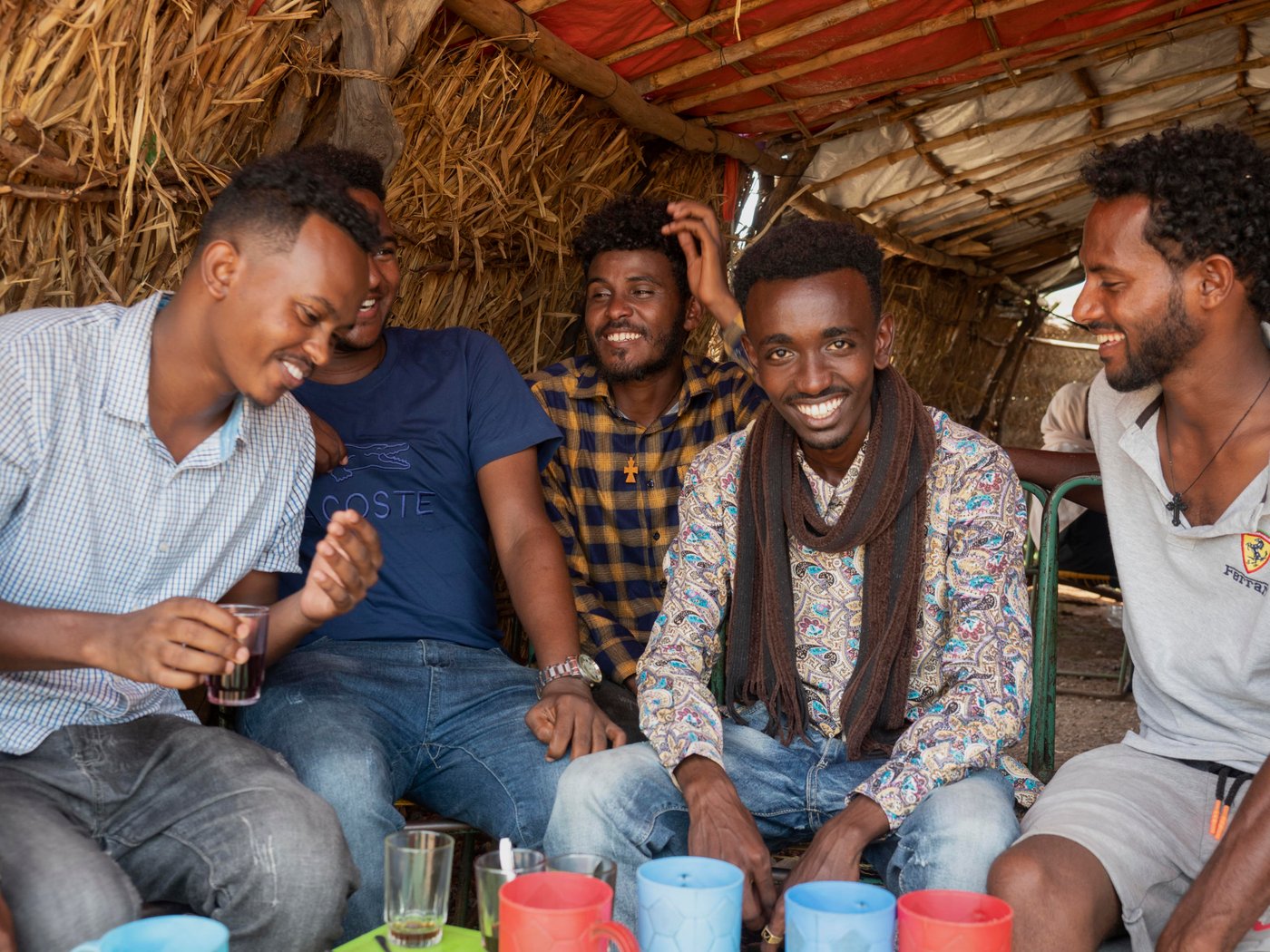
I tillegg til å jobbe for sin egen utdannelse, fungerer studentene i TRUSS også som positive krefter i lokalmiljøet, sammen med andre unge i leiren.
– Det er så mange behov her i leiren, og vi kan bidra med noe. Vi planlegger hvordan vi skal gjøre leiren mer komfortabel både for ungdommen og for lokalsamfunnet. Det er det vi gjør som forening og som gruppe. Det å være sammen er veldig viktig, sier Aklilu.
– Jeg har ikke mistet håpet
Hver fredag morgen samles medlemmer av foreningen i et felles telt til sitt ukentlige møte. De har organisert seg i komiteer og planlegger uken som kommer. En gruppe vil samle inn penger blant leirboere for å hjelpe en isolert eldre kvinne i leiren. En annen gruppe vil møte andre studenter og unge for å opprette kontakt med hjelpeorganisasjoner.
Det som gjør meg optimistisk er at jeg har venner her, og jeg diskuterer med dem hva jeg skal gjøre i fremtiden.
TRUSS-medlemmer har hjulpet organisasjoner som Flyktninghjelpen med å gjenoppbygge hjem, organisere kontantdistribusjoner og registrere barn på skolen, samt ta opp samfunnsspørsmål. De mottar stipender fra hjelpeorganisasjoner, som hjelper dem med å forsørge familiene sine.
– Jeg har ikke mistet håpet. Det som gjør meg optimistisk er at jeg har venner her, og jeg diskuterer med dem hva jeg skal gjøre i fremtiden. Selv om det ikke er som en plan, kan vi dele våre daglige aktiviteter, sier Aklilu.
– Den største gaven i livet mitt er å ha vennene mine rundt meg.
Hvordan Flyktninghjelpen bidrar
Vi er til stede i Um Rakuba-leiren, der vi støtter mennesker på flukt med utstyrspakker slik at de kan gjenoppbygge og forsterke husly som er blitt ødelagt av regnet. Vi deler også ut pengestøtte, slik at innbyggerne kan få dekket sine grunnleggende behov. I tillegg deler vi ut blant annet sanitærpakker til kvinner og jenter.
Da flyktninger begynte å ankomme Um Rakuba, var Flyktninghjelpen en av de første hjelpeorganisasjonene som kunne tilby utdanning. Akkurat nå har vi fire skoler i leiren, og vi deler også ut læremateriell som skolesekker, notatbøker, vannflasker og blyanter. Våre utdanningsaktiviteter er sjenerøst finansiert av Education Cannot Wait.



